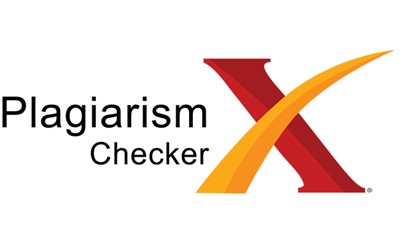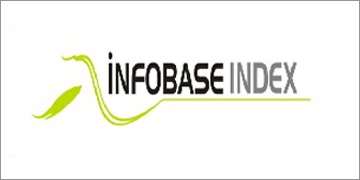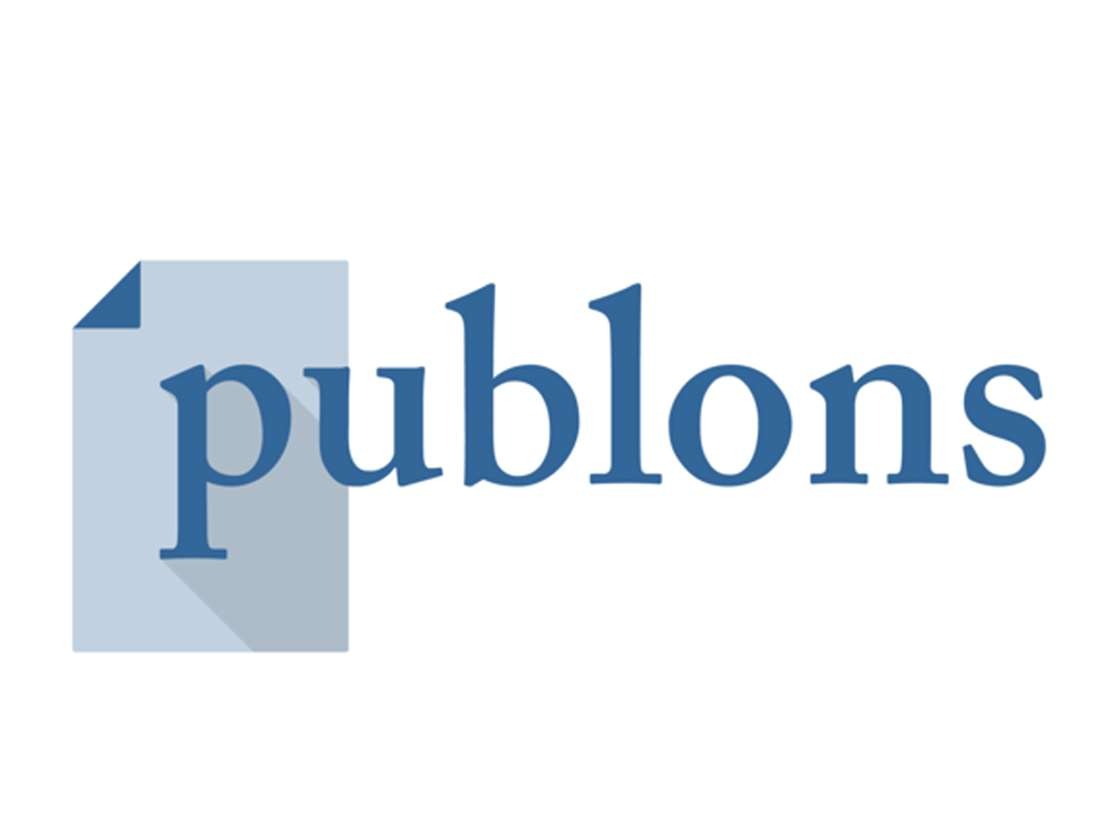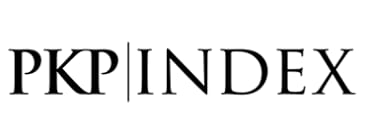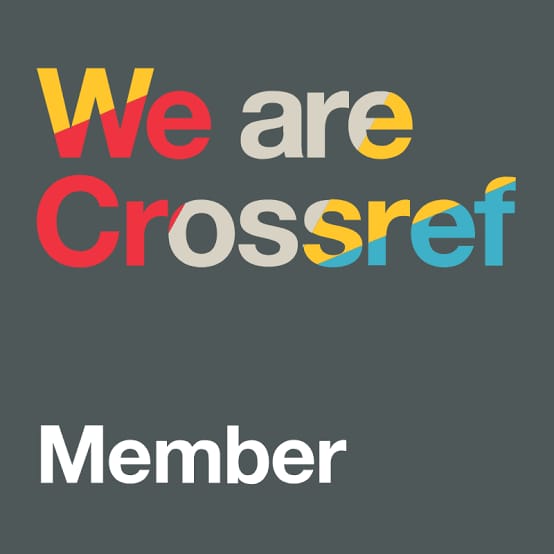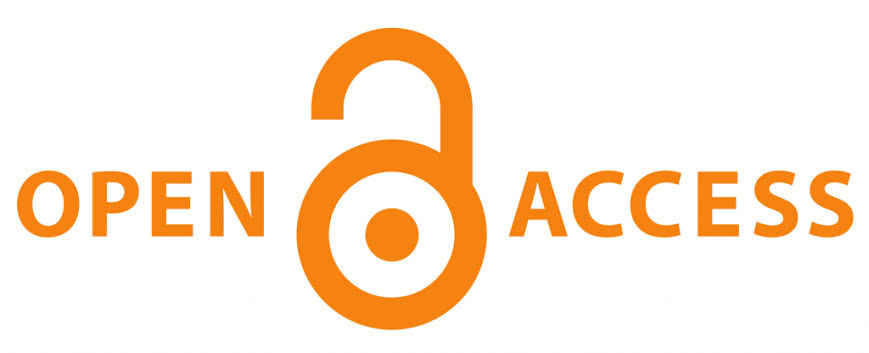MODEL ALTERNATIF PEMBIAYAAN JAMINAN KESEHATAN BAGI PEKERJA INFORMAL DI BOGOR
Abstract
ABSTRAK
Jaminan sosial diprioritaskan kepada hanya sebagian kecil penduduk Indonesia yang mewakili kurang dari 20% penduduk. Penduduk yang dimaksud meliputi pegawai negeri sipil, sebagian karyawan BUMN, universitas, anggota TNI/POLRI dan sebagian pegawai sipil pertahanan, dan kelompok masyarakat penerima bantuan. Adapun penduduk yang lain, terutama mereka yang bekerja di perusahaan- perusahaan kecil, wiraswasta di sektor ekonomi informal dan yang menganggur atau telah lanjut usia, akan bergantung pada asuransi pribadi atau bantuan dari keluarga dekat/jauh serta masyarakat setempat. Pekerja informal di wilayah Bogor mencapai lebih dari 70% namun tingkat kepesertaannya masih rendah hanya mencapai 30%. Hal ini dapat mengakibatkan keberlanjutan jaminan kesehatan warga Bogor sangat terbatas. Agar cakupan jaminan kesehatan dapat diperluas dan menjamin tercakupnya seluruh penduduk, maka perlu diidentifikasi alternatif pembiayaan jaminan kesehatan bagi pekerja informal. Pencapaian tujuan penelitian dilakukan dengan survey, indepth interview dan FGD dengan stakeholders. Hasil riset menunjukkan bahwa pekerja informal di Bogor memiliki kemampuan yang signifikan untuk membiayai jaminan kesehatan secara mandiri melalui program BPJS dengan rata-rata pembiayaan setara dengan kategori kelas III. Hal ini dapat dijadikan acuan untuk upaya perluasan kepesertaan, namun butuh proses sosialisasi yang intensif. Salah satu strategi sosialisasi intensif adalah melalui pendekatan sosial kepada komunitas para pekerja informal.
Kata Kunci : Pekerja Informal, Model Alternatif Pembiayaan, Program BPJS
ABSTRACT
Social security is prioritized for only a small portion of Indonesia's population, representing less than 20% of the population. The intended population includes civil servants, some BUMN employees, universities, members of the TNI / POLRI and some civil defense employees, and beneficiary community groups. Other residents, especially those who work in small businesses, are entrepreneurs in the informal economy and who are unemployed or elderly, will depend on personal insurance or assistance from close / distant relatives and the local community. Informal workers in the Bogor region reached more than 70% but the level of participation was still low reaching only 30%. This can result in the continuity of the Bogor citizens' health insurance being very limited. In order to expand the coverage of health insurance and guarantee the coverage of the entire population, alternative health insurance financing for informal workers needs to be identified. Achievement of research objectives is carried out by survey, in-depth interview and FGD with stakeholders. Research results show that informal workers in Bogor have a significant ability to finance health insurance independently through the BPJS program with an average funding equivalent to class III categories. This can be used as a reference for efforts to expand membership, but requires an intensive socialization process. One intensive socialization strategy is through a social approach to the community of informal workers.
Keywords: Informal Workers, Alternative Funding Models, BPJS Program
DOI: 10.33751/palar.v4i2.882
 Abstract views : 1139
Abstract views : 1139
Refbacks
- There are currently no refbacks.

.png alt=)








